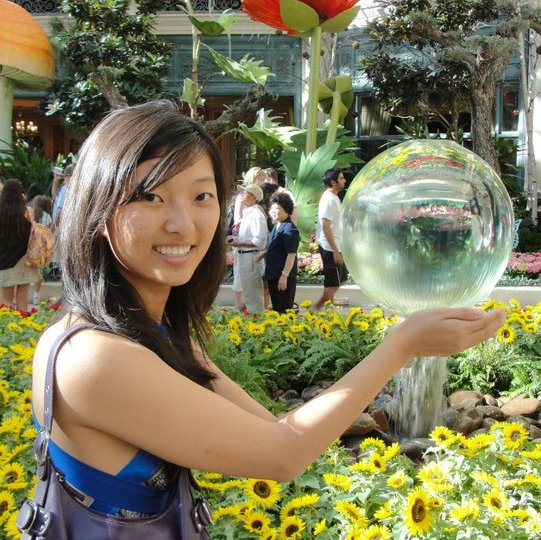Whenever I speak to a Chinese person, they very quickly figure out I’m from the Northeast. For years, I couldn’t figure it out. I spoke perfectly standard Mandarin! Right?
It wasn’t until I was in my 20s that I learned certain phrases gave me away. Most of my conversational Chinese I learned from my mom and maternal grandmother. That side of the family is from the Northeast of China. While accent-wise we generally sound like the folks you’d find on TV or teaching you Chinese pronunciation in a language learning course, we’ve got our own slang phrases.
Our local “dialect” isn’t like many other dialects where it’s completely unintelligible compared to the national language of Mandarin. It’s basically like a Californian who uses “like” a lot, refers to freeways with “the” and that sort of thing. Growing up, that’s all I knew, since so much of what I retained was learned from Northeastern sources. I even went to school there for a year. It never occurred to me that our vocabulary would be different.
I used to be very conscious of this fact (ok, if I’m completely honest I still am) and sometimes carefully chose words and phrases to try to mask it. I also do so attempting to ensure I sound like a local and not a strange person who didn’t learn enough in school and speaks using strange phrases. But really, what am I so worried about? So what if they can tell I’m Northeastern and didn’t grow up in the motherland? At least I speak the language fluently unlike so many others who grew up stateside.
It’s strange how I embrace being different, yet whatever mode I’m in I want to be flawless. The Chinese role becomes ever harder as I get older – at once more understanding is expected of me yet I’m more disconnected with cultural norms. I’m trying to learn to embrace what I do know and can say without being too harsh on my skills. I’ve got to keep practicing!

